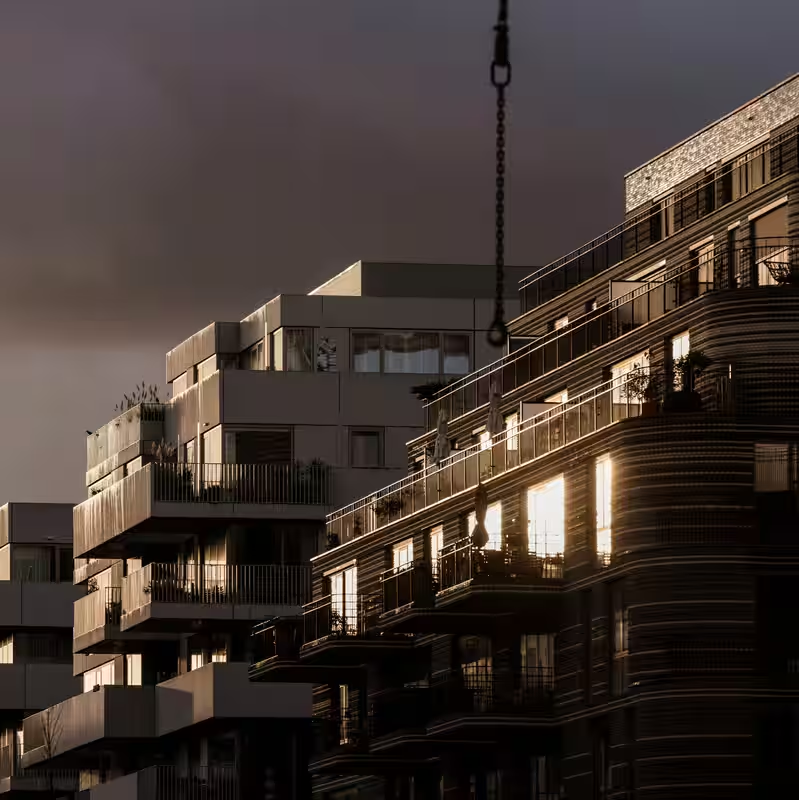Table of Contents
- The Netherlands’ Housing Crunch
- Voters Speak: “It’s Like a Full-Time Job”
- Why Politicians Can’t Fix It Fast
- What’s Next After Election Day?
- Sources
Dutch Housing Crisis: Worst in Decades
As the Netherlands heads to the polls on October 29, 2025, one issue overshadows all others: the affordable housing shortage. With 18 million residents crammed into a country smaller than Maryland, demand has far outpaced supply—especially in major cities like Amsterdam, Rotterdam, and Utrecht.
Experts describe the current situation as a “perfect storm” years in the making. Decades of underinvestment in social housing, restrictive zoning laws, population growth, and soaring property prices have created a market where even middle-income earners struggle to find a place to live.
Voters Speak: “It’s Like a Full-Time Job”
Charlotte Stienstra, a 33-year-old project manager in Amsterdam, embodies the frustration of a generation. After her long-term relationship ended, she hoped to buy her own apartment. Instead, she ended up sharing a flat in Amsterdam-Noord.
“I’d prefer to live by myself, but that’s impossible—even though I earn enough,” she said. “It’s pretty much a full-time job on the side to find something.”
Her story is echoed by students, young professionals, and families across the country. Rental waitlists for social housing stretch into the decades, while private market rents have climbed 40% since 2020.
By the Numbers: The Dutch Housing Gap
| Metric | 2020 | 2025 (Est.) |
|---|---|---|
| Average Amsterdam Rent (1-bedroom) | €1,400 | €1,960 |
| Median Home Price (Netherlands) | €380,000 | €520,000 |
| Waitlist for Social Housing (Amsterdam) | 8–10 years | 12+ years |
| Housing Shortage (National) | 300,000 units | 450,000+ units |
Why Politicians Can’t Fix It Fast
Despite widespread public concern, there’s no quick fix on the political horizon. Major parties—from the center-right VVD to the progressive GroenLinks—acknowledge the crisis, but solutions are hampered by bureaucracy, NIMBYism (“Not In My Backyard” resistance), and fragmented municipal control over land use.
Construction has ramped up in areas like Amsterdam-Noord and Almere, but it’s not enough to close the gap. Meanwhile, foreign investors and short-term rental platforms like Airbnb continue to absorb available housing stock, further tightening the market.
What’s Next After Election Day?
While no single party is expected to win a majority, coalition talks will likely hinge on housing policy. Proposals on the table include:
- Banning short-term rentals in city centers
- Accelerating permits for new construction
- Reforming the social housing allocation system
- Imposing higher taxes on second homes and vacant properties
For millions of Dutch voters, especially under 40, these aren’t just policy points—they’re lifelines.
Sources
The New York Times: “As the Dutch Vote, One Issue Carries the Day: Affordable Housing”




